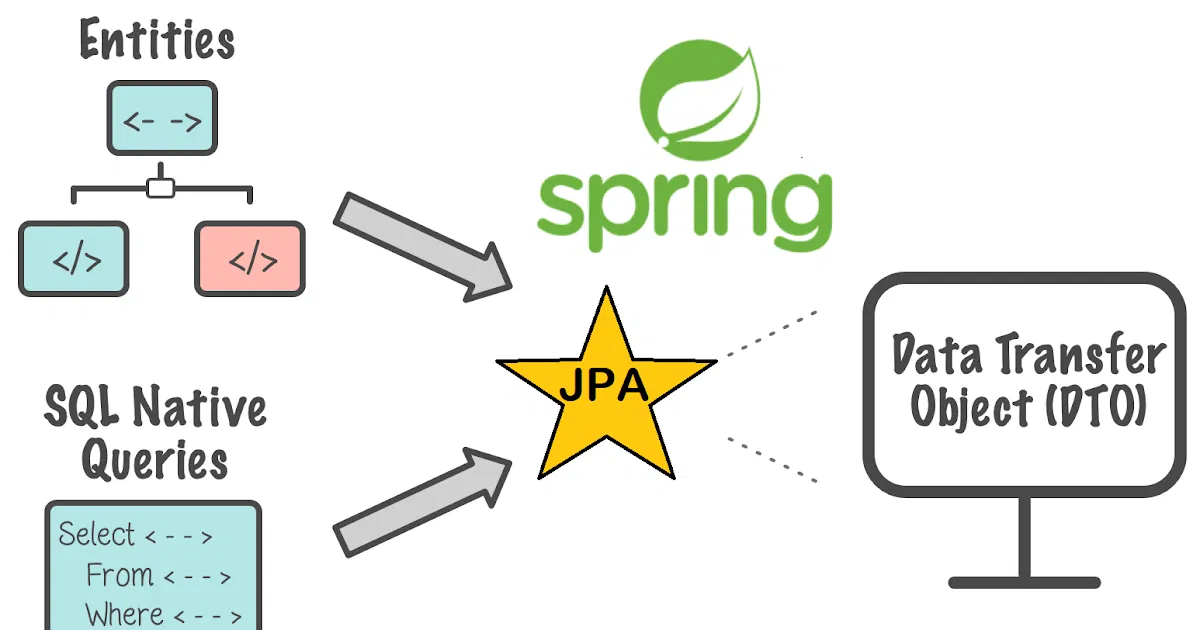The Optional class in Java is a container type introduced in Java 8, primarily intended to handle situations where a value may or may not be present. It is part of the java.util package and is used to represent optional values, which can help reduce NullPointerException errors.
In the context of your UserRepository:
javaCopy codepublic interface UserRepository extends JpaRepository<User, Long> {
Optional<User> findByUsername(String username);
}
The method findByUsername returns an Optional<User>, meaning it may return:
- A
Userobject if a user with the specified username exists. - An empty Optional if no user with that username is found, instead of returning
null.
Why Use Optional?
Using Optional instead of null provides a safer and more expressive way to handle situations where a value may be absent. Here’s what Optional offers:
- Avoiding
nullChecks: WithOptional, you don’t need to perform explicitnullchecks, reducing the risk ofNullPointerException. - Explicitness: It makes the API more explicit by indicating that the result may be empty. When you see an
Optionalreturn type, you know that there may not be a result. - Functional Methods:
Optionalprovides several methods to handle the value if present, such asifPresent,orElse,orElseThrow, andmap.
Example Usage
Here’s how you might use findByUsername with Optional:
Optional<User> optionalUser = userRepository.findByUsername("john_doe");
// Approach 1: Check if present and then access the value
if (optionalUser.isPresent()) {
User user = optionalUser.get();
// Use the user object as needed
}
// Approach 2: Use ifPresent for functional-style handling
optionalUser.ifPresent(user -> {
// This block will execute only if the user is present
System.out.println("Found user: " + user.getUsername());
});
// Approach 3: Provide a default value if not found
User user = optionalUser.orElse(new User("default_username", "default_email"));
// Approach 4: Throw an exception if user not found
User user = optionalUser.orElseThrow(() -> new UserNotFoundException("User not found"));Summary
Optional<User>clearly indicates thatfindByUsernamemay or may not return aUser.- It encourages handling of the “user not found” case explicitly, making your code safer and reducing
NullPointerExceptionrisks. Optionalprovides methods to handle the presence or absence of values more expressively, making the code more readable and concise.



